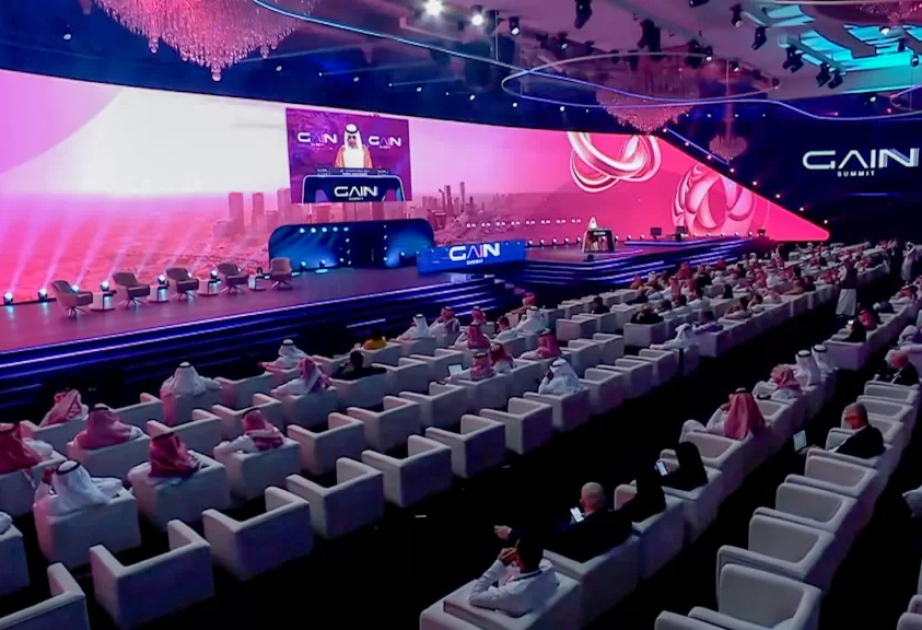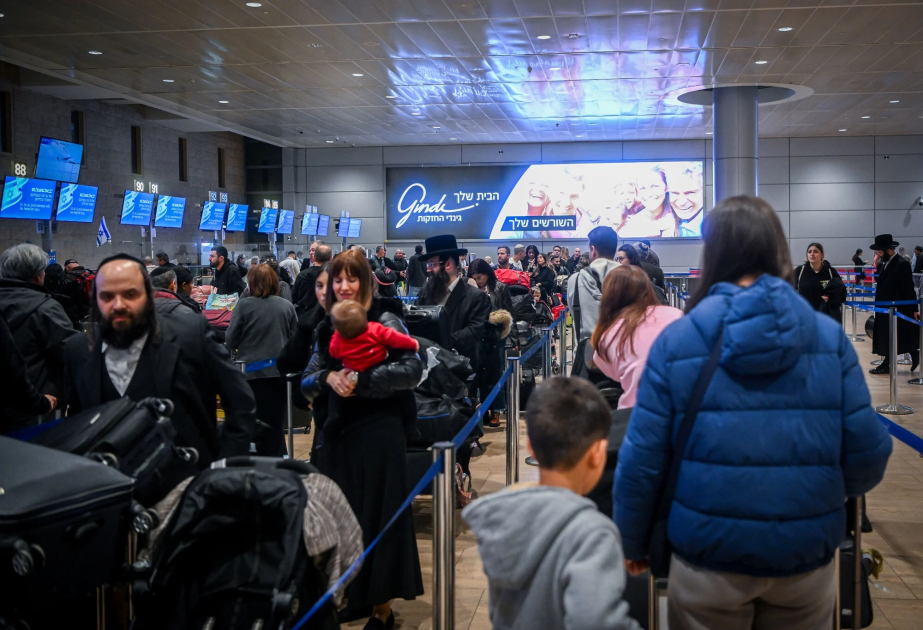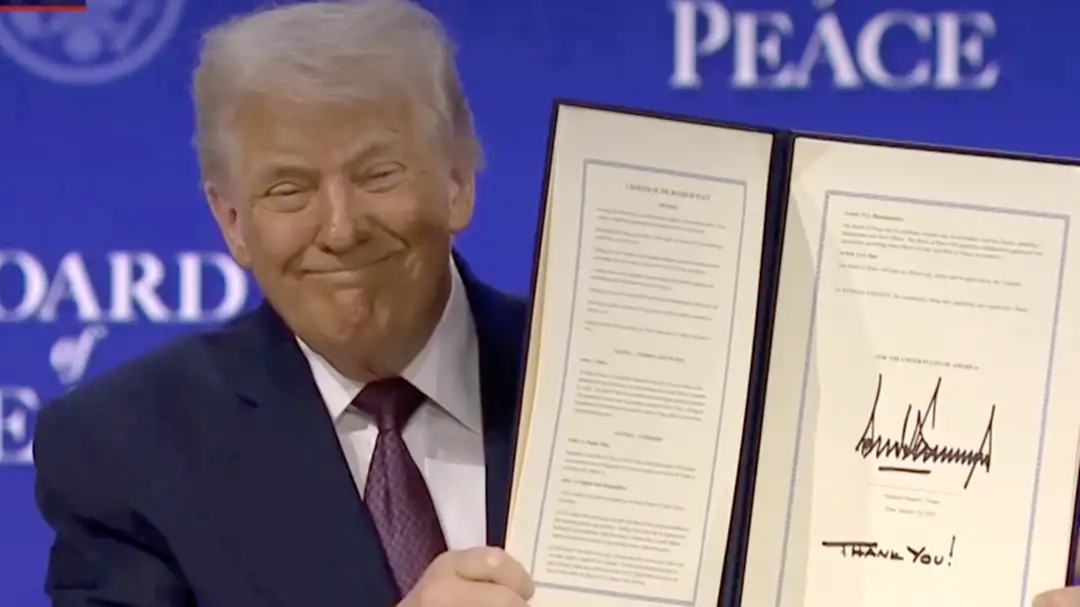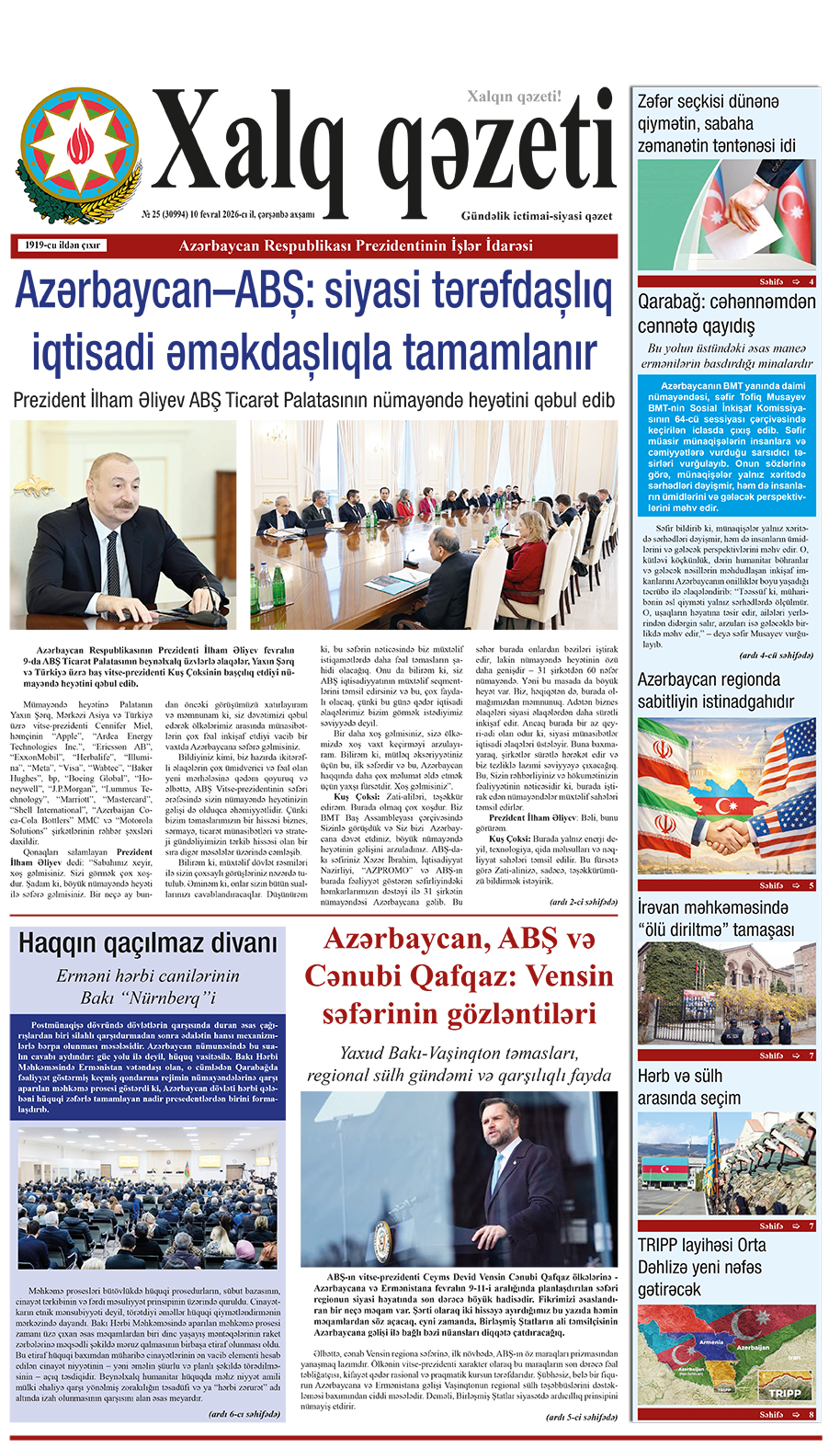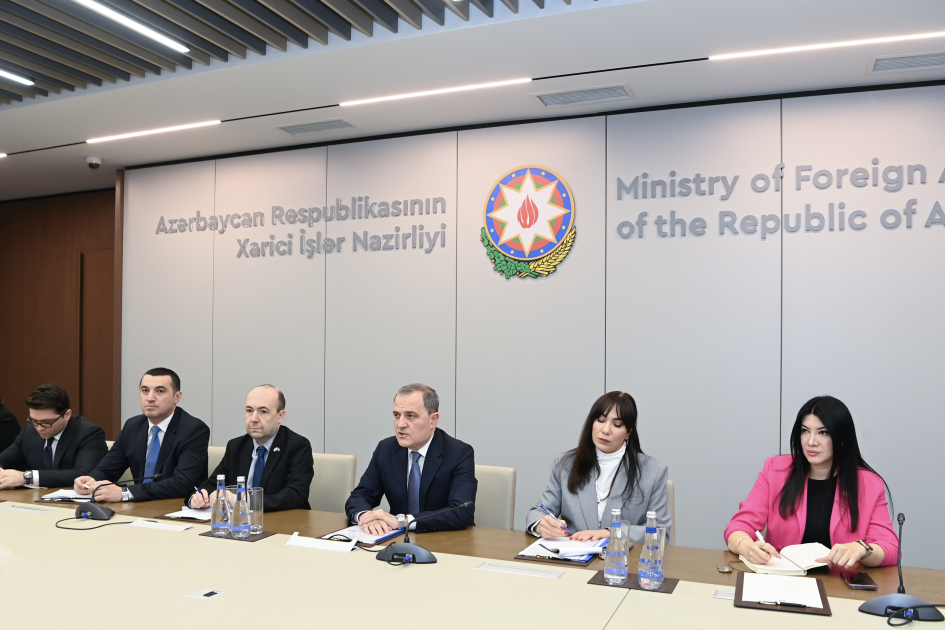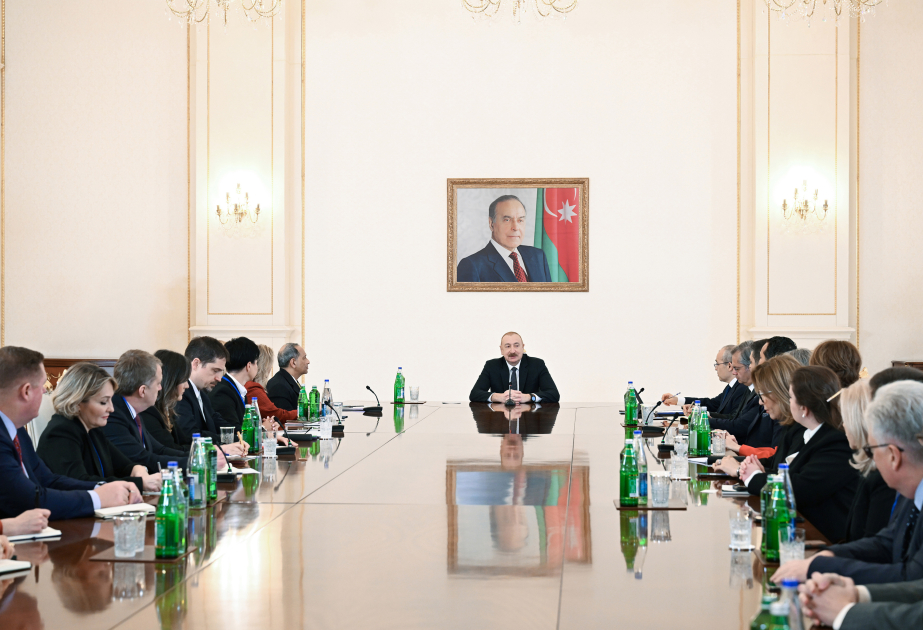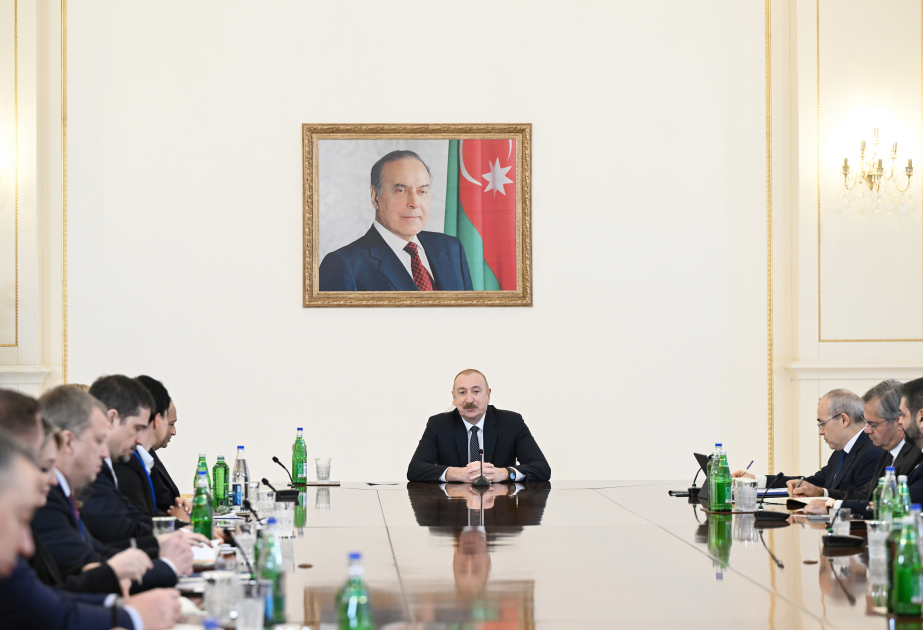The Islamic World Educational, Scientific and Cultural Organization (ICESCO) and the Saudi Data and Artificial Intelligence Authority (SDAIA) launched Riyadh AI Ethics Charter for the Islamic World, which aims at outlining a global framework for the development of AI technologies in line with the values and ethics of the Islamic world, and promoting inclusive and sustainable development as well as international cooperation in this field, according to the official website of the ICESCO.
Salim M. AlMalik, ICESCO Director General, announced the launch of the Charter on Wednesday, 11 September 2024, at the third Global AI Summit (GAIN), held by SDAIA, at King Abdulaziz International Conference Center, in Riyadh, in the presence of princes, ministers, senior international officials, thought leaders and heads of leading AI and technology companies from 100 countries around the world.
AlMalik stressed that the launch of Riyadh AI Ethics Charter for the Islamic World is a historic moment, showcasing the great strategic partnership between ICESCO and SDAIA. On this occasion, he expressed his warm thanks and gratitude to all the partners who contributed to drawing up the Charter through a series of specialized workshops, including the Omani University of Technology and Applied Sciences (UTAS), which hosts ICESCO’s Chair on AI Ethics, the Moroccan Polytechnic University Mohammed VI (UM6P), the Saudi National Commission for Education, Culture and Science, as well as experts and researchers from various ICESCO Member States.
He stressed that AI offers tremendous opportunities and solutions to the most pressing problems facing our societies, but also presents challenges to human creativity and the originality of scientific research. He also noted that Riyadh Charter encompasses the principles of truth and originality, and provides a comprehensive framework within which the use of AI is compatible with ethical values, including respect for privacy and human dignity, and the promotion of equity and solidarity.
ICESCO Director General added that the Charter aims to integrate AI into the societies of the Islamic world in such a way as to preserve the values and central role of the family. “It also features proposals to ensure the development of AI, including the creation of an AI Monitoring Committee to oversee progress in this field and provide strategic recommendations to policymakers based on the advice of qualified experts. Similarly, ICESCO will lead a consortium of international governmental and non-governmental organizations and institutions to help its Member States build the necessary infrastructure for the development of the digital economy; and cooperate with SDAIA to launch an initiative to train 25,000 young people in the Islamic world in AI science and applications,” he explained.
AlMalik concluded his speech by recalling that Riyadh AI Ethics Charter is the outcome of ICESCO’s commitment to the outstanding civilizational values of the Islamic world.


